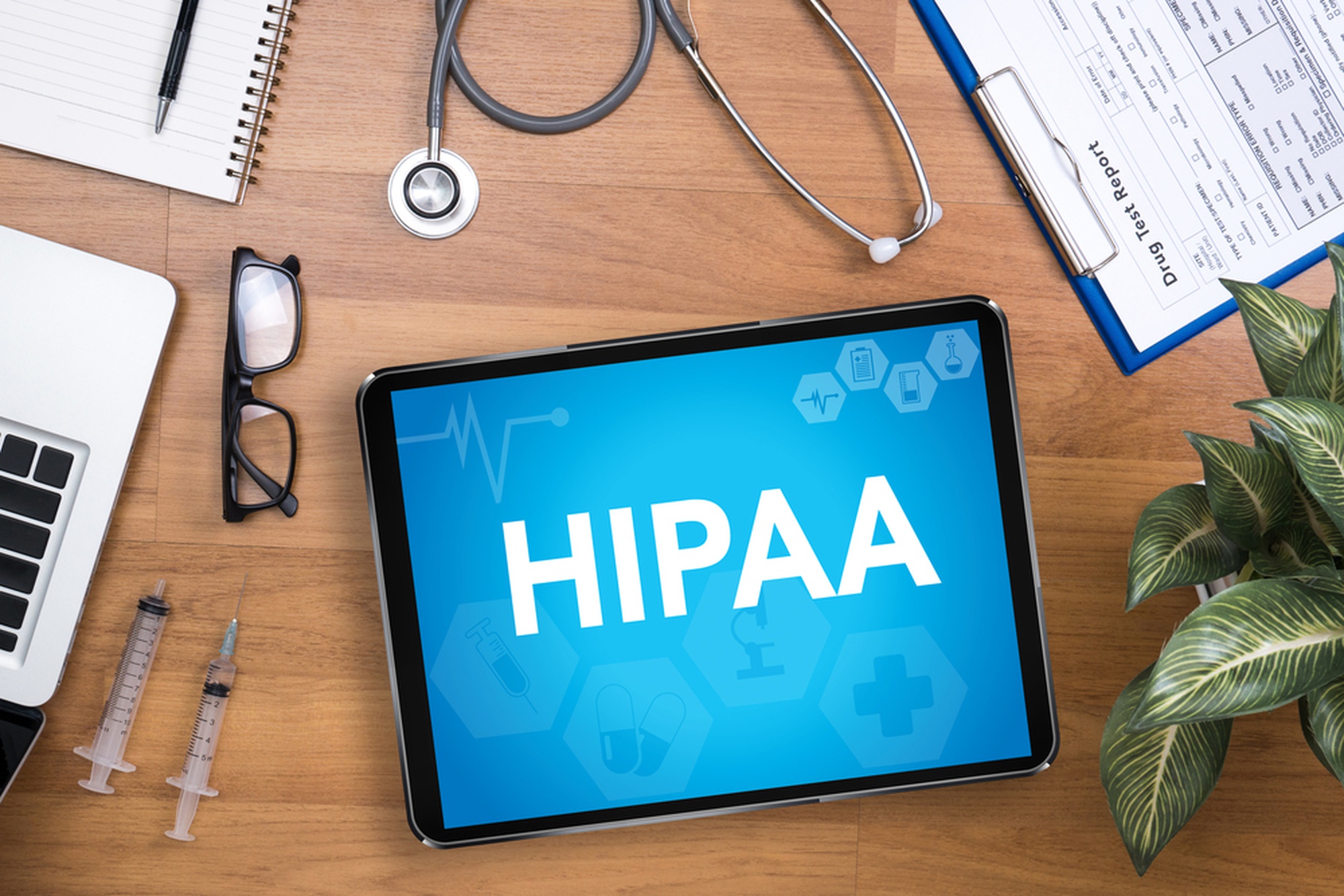HIPAA compliance is an absolute requirement for any healthcare facility. The legislation provides patients with greater privacy control and helps to keep their data secure. Since technology is changing at a rapid rate it is essential to ensure that any system you choose to use is in compliance with HIPAA regulations.

HIPAA compliance is a complicated procedure for businesses that are still trying understand the law and the consequences. HIPAA compliance is mandatory for health providers and those in the insurance industry. It’s crucial to read the regulations thoroughly and ensure the processes are in place in order to stay in compliance. It’s not easy to comply with the law but it is essential. It will ensure more efficient service and better protection of privacy of data, and penalties can be prevented. Businesses should be aware of HIPAA and take the appropriate steps to make sure they comply with its regulations.
Although HIPAA’s regulations may seem strict, the emphasis on privacy and security measures is intended to guard information. A greater level of protection is required to protect against unlawful disclosure or use of private patient data since the healthcare industry has increasingly moved to digital media like Electronic Medical Records. Although guidelines have been put out, the compliance with these guidelines needs to be continuously checked and enforced for individuals to remain secure. HIPAA is attentive to the privacy of patients and safety.
HIPAA is a crucial security feature for medical fields as well as the patients whose medical records are kept. It provides covered entities (CEs) and business associates (BAs) the power to choose whether or not to implement an addressable specification. This choice may depend on several factors, such as a risk analysis mitigation strategy, current security measures, and the cost of implementation. CEs and BAs are able to examine alternatives or opt out of the particular measure when they believe it’s appropriate for their specific circumstances. HIPAA urges them to take an informed decision regarding the protection of data and safeguarding, creating a balance between technical measures and the control of users over sensitive information.
HIPAA compliance provides important benefits for many companies. By adhering to regulations set in the Health Insurance Portability and Accountability Act (HIPAA) companies can safeguard the health information of their customers, clients or patients, making certain that it remains confidential and secure. Compliance is also a way to ensure that people are using their medical information only to benefit them and for the benefit of their healthcare providers. HIPAA compliance gives individuals the freedom to make informed decisions about how private health data is used and handled. It gives them the confidence that no other person can access or alter it without their consent. HIPAA compliance helps businesses avoid the risk of a bad reputation in order to prevent the legal and financial consequences of mishandling of patient data. Ultimately, following HIPAA standards can ensure an enjoyable experience for patients with better protection of sensitive medical records.
These are just a handful of the numerous considerations to be aware of when you are complying with HIPAA. To ensure that you are in compliance you need to know the basics of the law. In addition, consult experts who can help you to interpret the law and create the systems and processes. Although it isn’t easy to enforce compliance, it’s vital for protecting the rights of your patient as being a way to ensure the confidentiality of your patients.
For more information, click subtitle of hitech